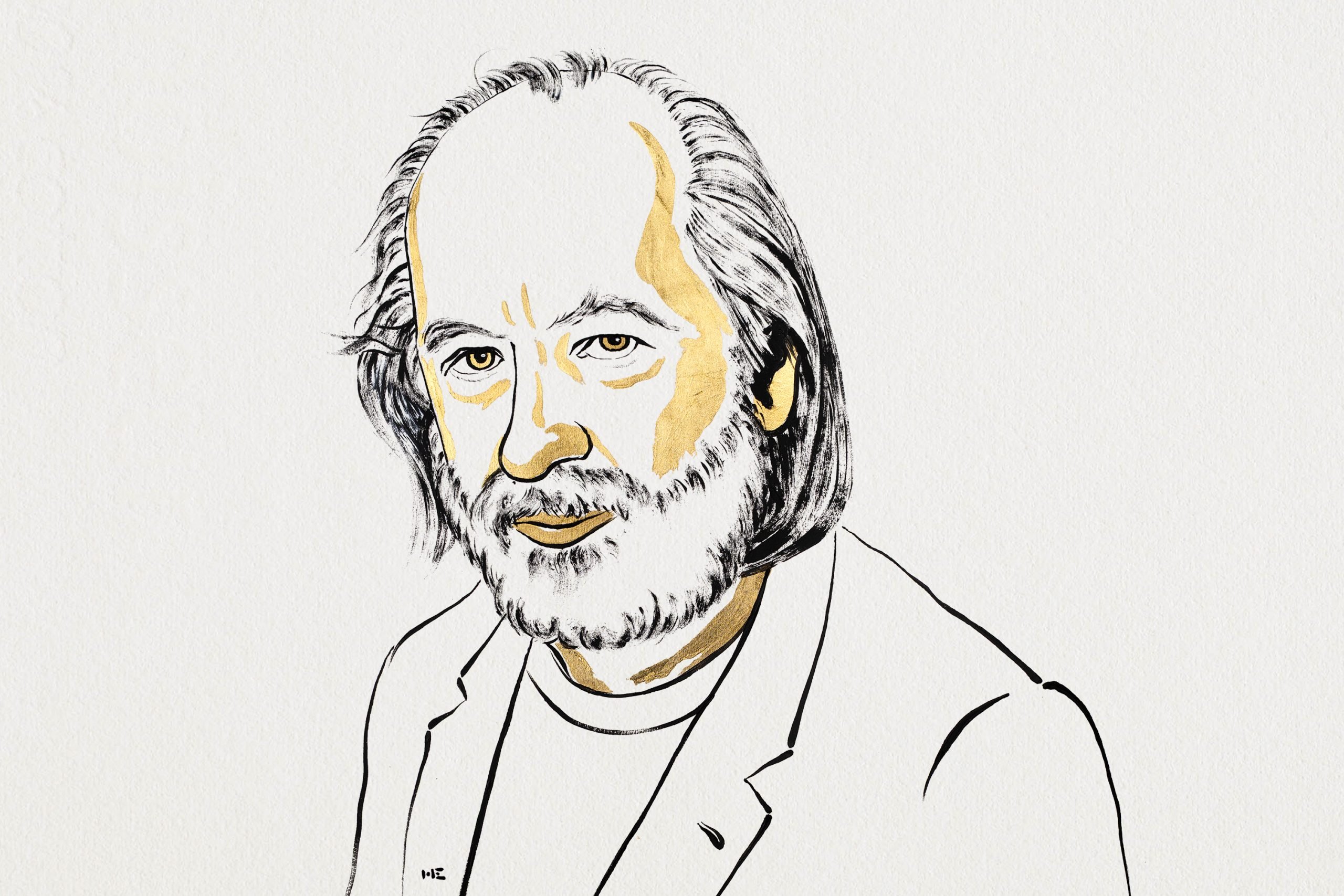Hungarian novelist László Krasznahorkai wins Nobel Prize in Literature
László Krasznahorkai has been awarded the 2025 Nobel Prize in Literature for his philosophical, apocalyptic and hallucinatory novels
Alissa de Chassey • October 9, 2025

Hungarian writer László Krasznahorkai has won the 2025 Nobel Prize in Literature for his powerful, apocalyptic-themed literary works [Credit: Niklas Elmehed | Ⓒ Nobel Prize Outreach]
László Krasznahorkai, a Hungarian writer, was awarded the 2025 Nobel Prize in Literature today for his “compelling and visionary oeuvre that, in the midst of apocalyptic terror, reaffirms the power of art,” according to the Nobel Prize jury.
“I am absolutely surprised,” said Krasznahorkai on the phone when the Nobel Prize committee called him. “And I’m very proud to be in the line of some really great writers and poets.”
During the call, he said that “bitterness” was his greatest creative drive, “I am very sad when I think of the status of the world now, and this is my deepest inspiration,” he added. However, he also spoke about how important it is to use one’s fantasy. “Without fantasy, it’s an absolutely different life. To read books gives us more power to survive these very difficult times on Earth.”
Krasznahorkai’s first novel Sátántangó made him an instant literary figure in Hungary when it appeared in 1985. He writes philosophical, apocalyptic and hallucinatory novels, built on long sentences and a dense, hypnotic atmosphere, the jury said.
In 2024, Krasznahorkai published two novels, Zsmöle Odovan (Zsomle is Waiting) and Herscht 07769: A Novel, the latter of which has been translated into English.
“He is an extension of the European modernist kind of epic writing,” said novelist and prize committee member Steve Sem-Sandberg of the Swedish Academy, after the ceremony. “But he takes it to new heights.”
After reading Krasznahorkai’s second novel, Az ellenállás melankóliája (The Melancholy of Resistance), which was published in 1989, critic Susan Sontag described Krasznahorkai as ‘master of the apocalypse.’
Set in a small Hungarian town, The Melancholy of Resistance unfolds like a feverish nightmare. The arrival of a mysterious circus carrying the carcass of a giant whale triggers chaos, violence and fear, as described by the Nobel Prize committee.
Through dreamlike scenes and grotesque characters, Krasznahorkai explores the fragile line between order and anarchy. The novel is “magnificent,” said Steve Sem-Sandberg. The book was the basis of Werckmeister Harmonies (2000), a drama shot in black and white and directed by Béla Tarr.
Born in 1954 in the small town of Gyula, near the Romanian border, Krasznahorkai now lives in Budapest. He has written five novels that have been translated into forty languages, according to the RCW Literary Agency, which represents the writer.
Several of Krasznahorkai’s works have also been adapted for film. He is now the second Hungarian to win the literature Nobel Prize, after Holocaust survivor Imre Kertész in 2002.